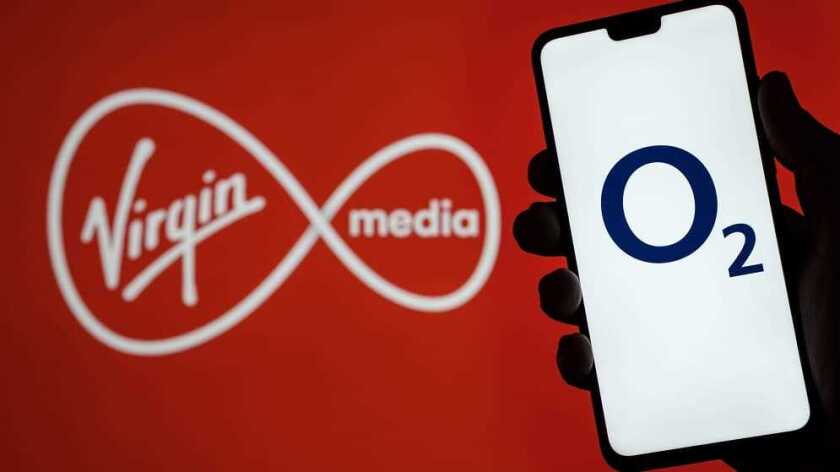That is according to Paolo Pescatore, TMT analyst at PP Foresight, who shared his view after it was revealed Virgin Media O2 is planning to lay off up to 2,000 employees by the end of the year.
Sources from the Telegraph indicated that redundancy notices were issued to some of its staff on Monday evening.
Pescatore’s belief in further cost-cutting measures is already coming to fruition as BT said in May that it would cut over 40% of its workforce by 2030.
The UK’s biggest operator aims to replace up to a fifth of its workforce with artificial intelligence (AI).
There is a reason for these moves, though.
“Ultimately it’s about efficiencies,” Pescatore told Capacity.
“All telcos are struggling to generate new forms of revenue. Margins continue to be squeezed due to the rollout of the next generation of networks and people are reluctant to spend more on connectivity.”
Furthermore, Pescatore adds, the entity is still going through the integration process of two companies coming together as one.
Cuts becoming “the norm”
Unfortunately, according to Pescatore it feels like job cuts are becoming the norm, akin to annual price rises.
“For all providers, it’s an opportune moment to focus on efficiencies.
“This is only part of a successful long term strategy but there should be a greater focus on driving revenues as well.”
Pescatore says that recently, we’ve seen a correction in workforce across all sectors, most notably big tech and we are now starting to see this transcend into other verticals.
“Telco is not immune and with significant technological developments around the corner; this will further fuel job cuts.”
“Should the Vodafone and Three deal get the green light, it is highly likely we will see a reduction in the combined workforce.
“It is an unfortunate consequence of a merger, joint venture. “






